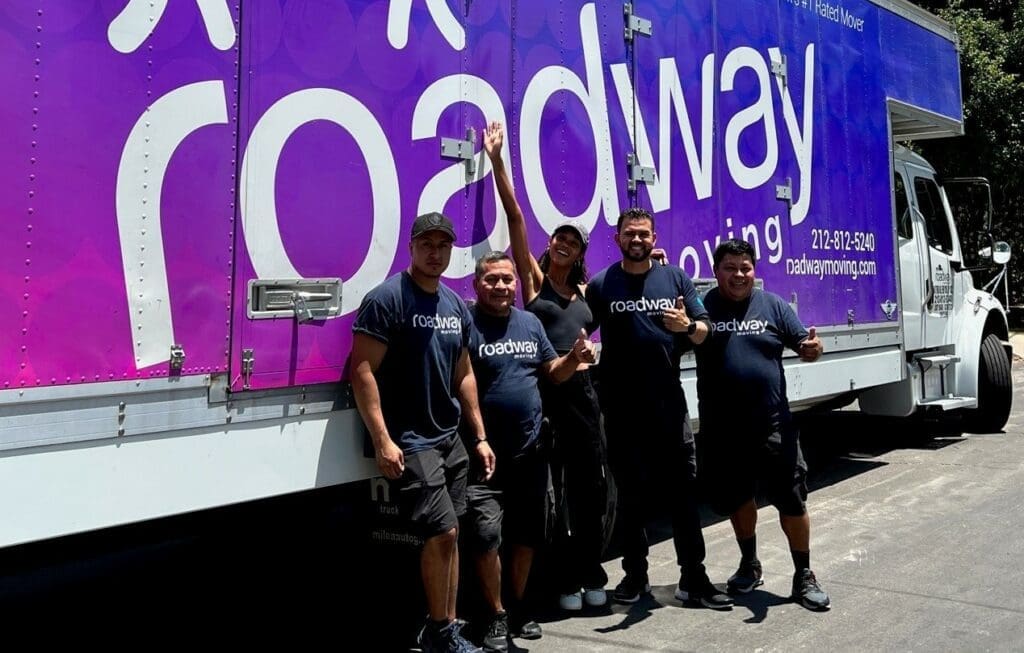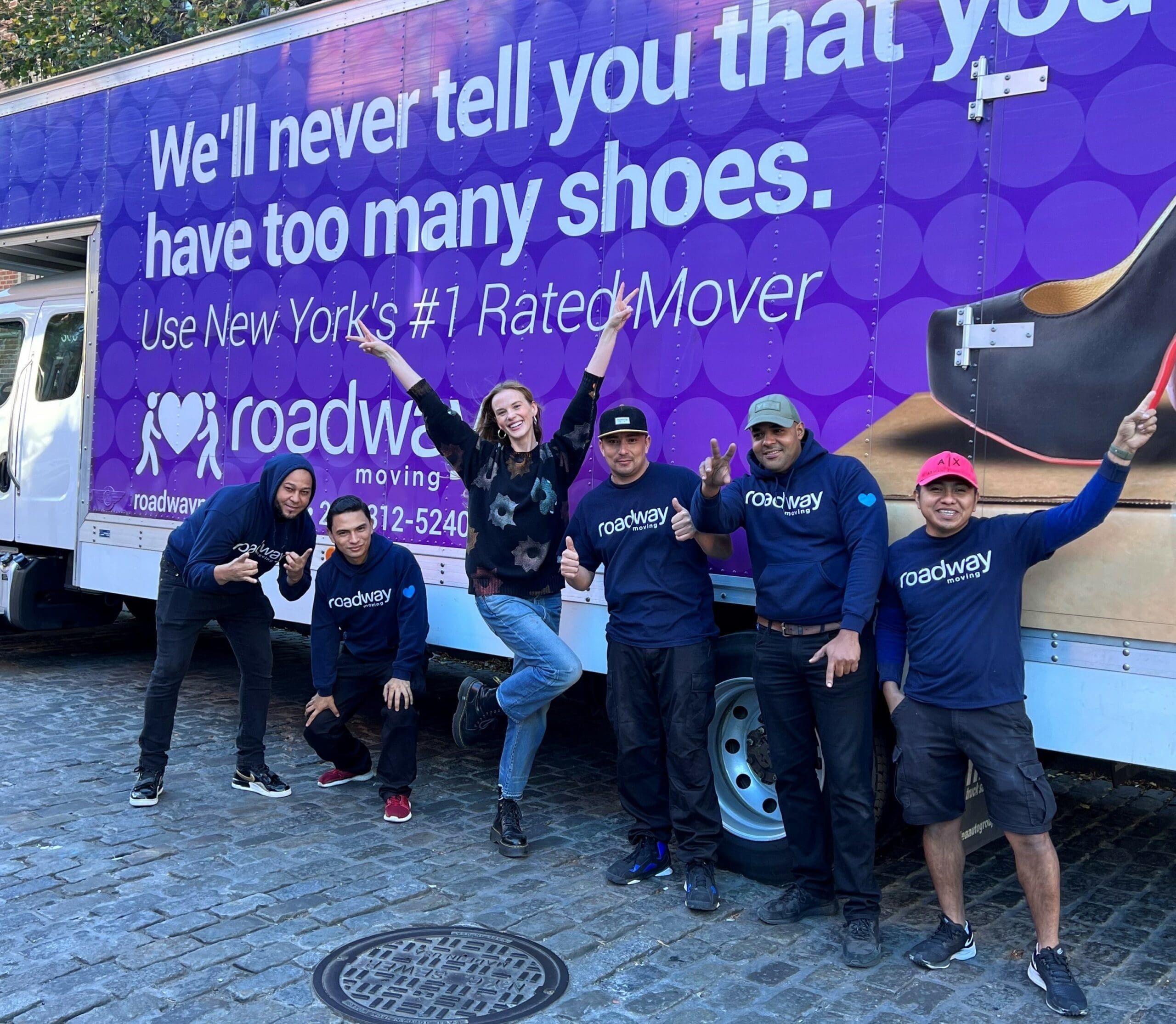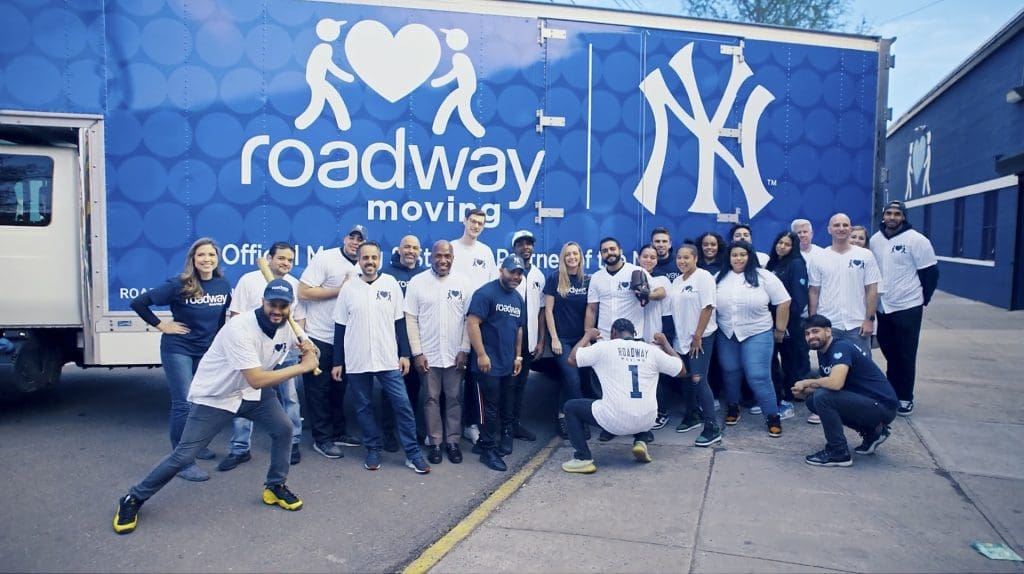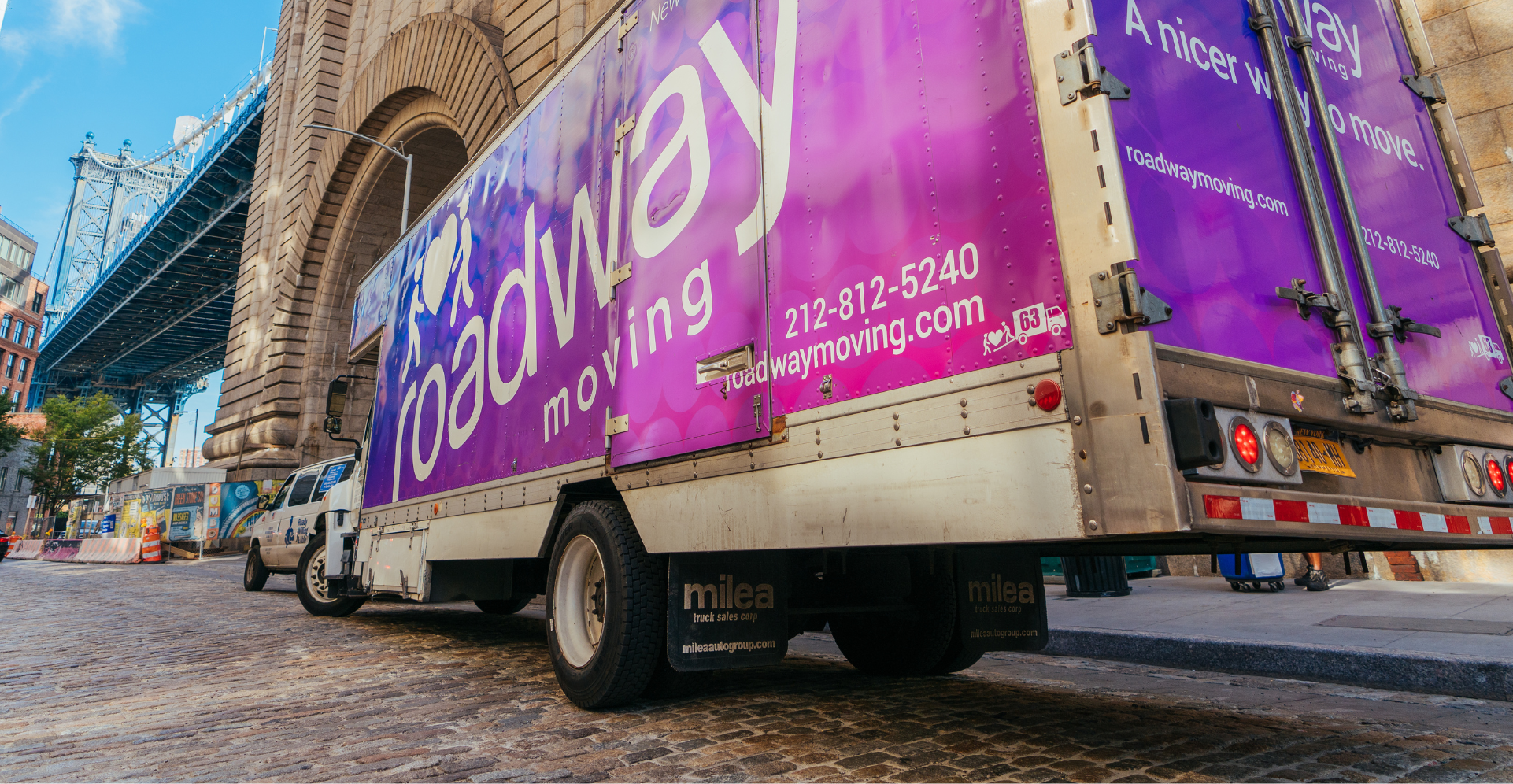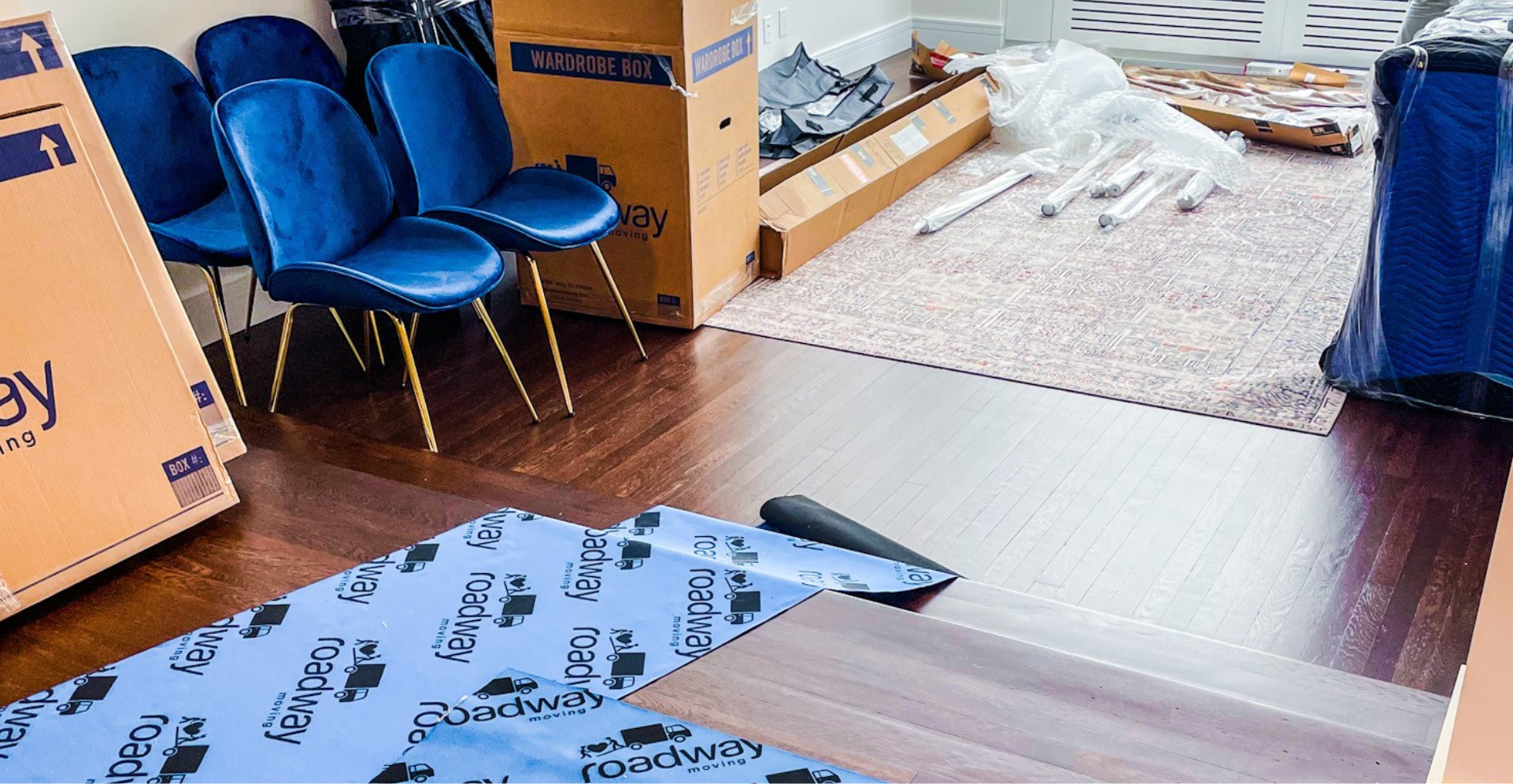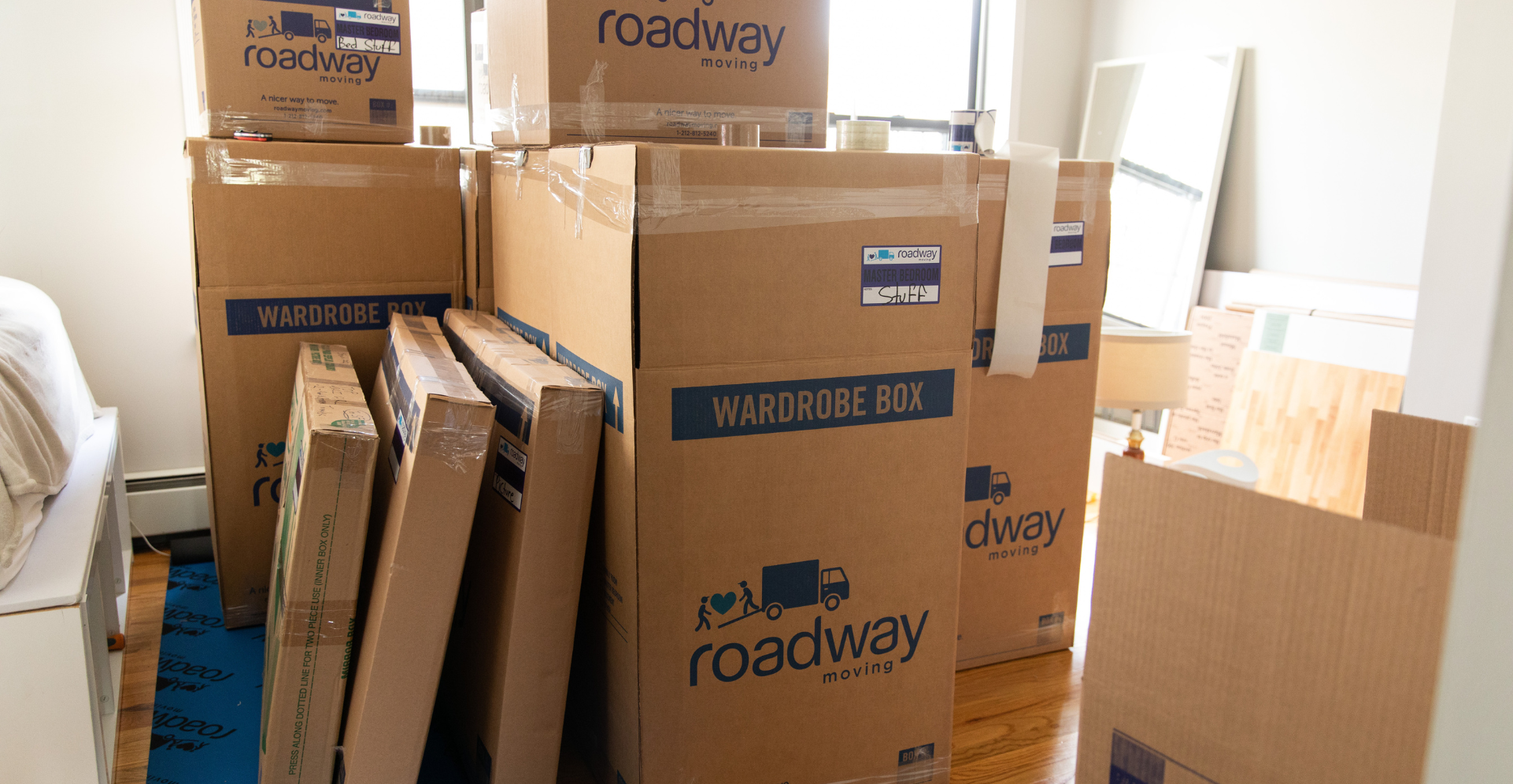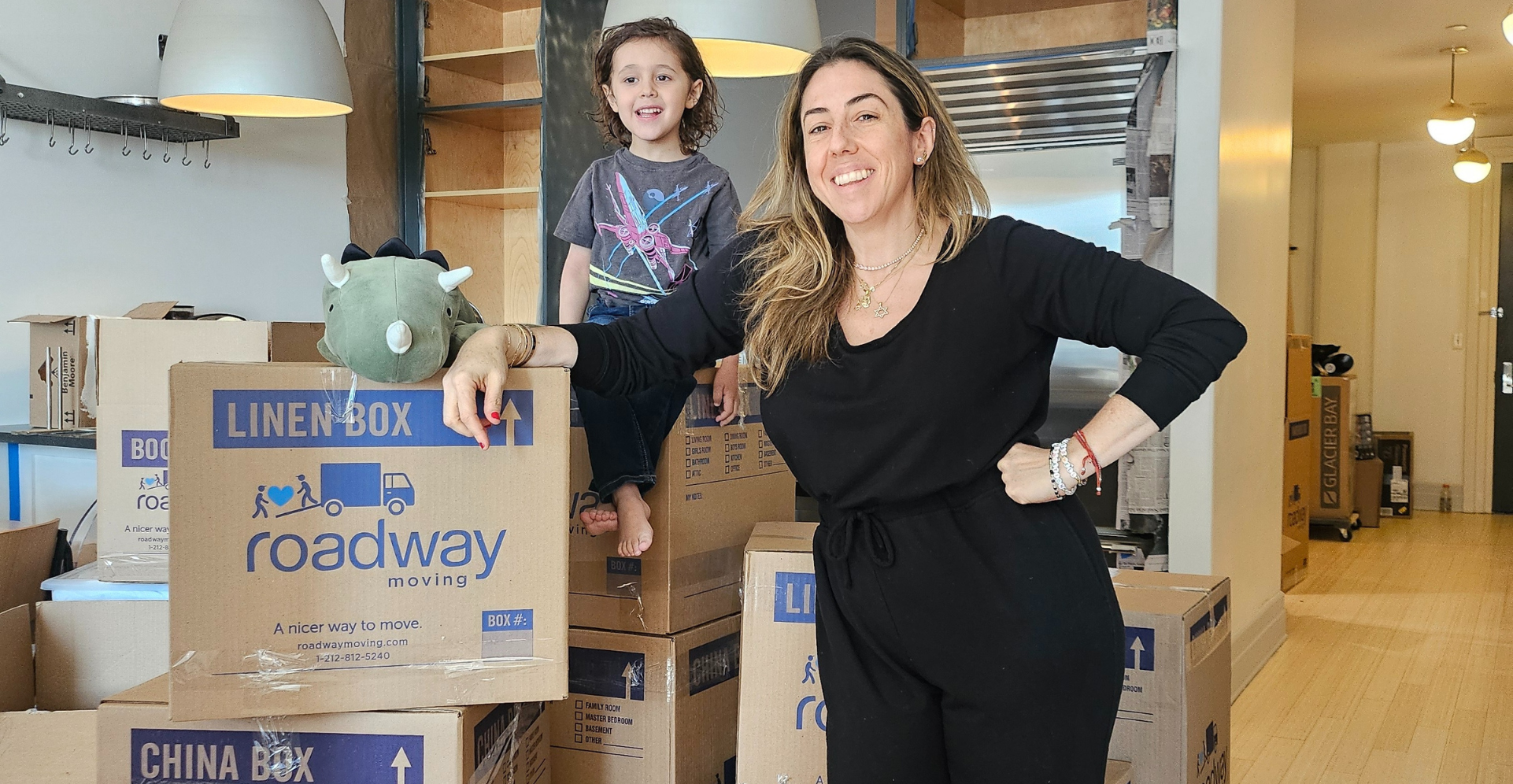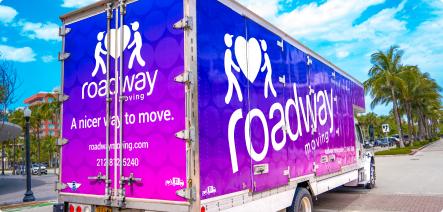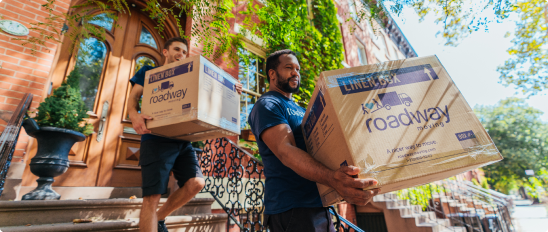How To Move to Canada – A Guide for Understanding Tariffs in Changing Times






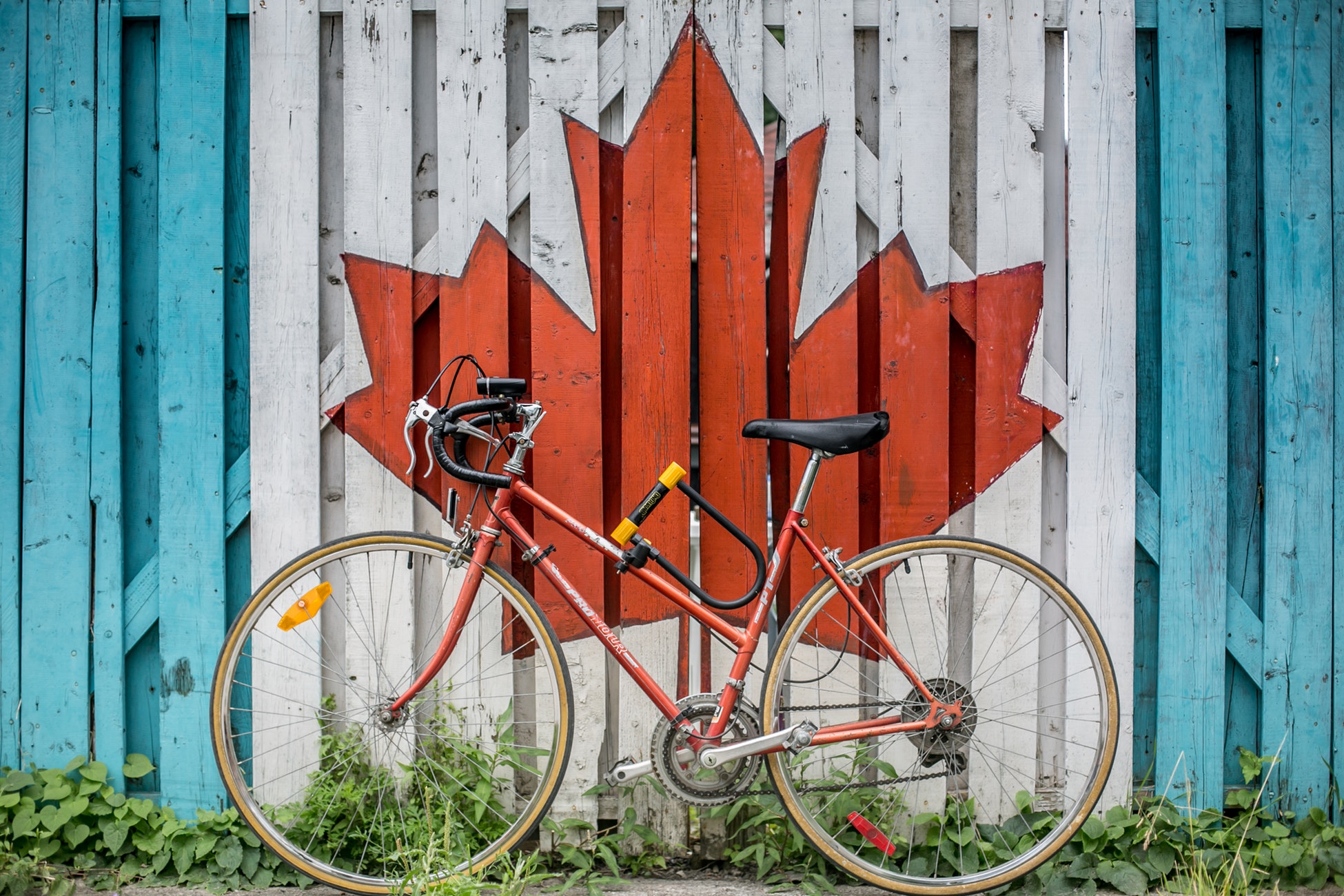
Our neighbors to the north have many good things going for them – maple syrup, Lake Louise, mounties, cities winning awards for livability left and right, a long ski season, supreme politeness. It’s no wonder the interest in how to move to Canada is at a high point. However, making the move to Canada can be a complex affair depending on your circumstances. But with Roadway Moving as your trusted partner, we help you navigate the border and customs processes to make you international moving experience enjoyable.
Eligibility to Move to Canada
First, people have a variety of reasons for heading to Canada. In order to gain access, you need to show the government that you have a legitimate reason for crossing the border. This could be for work, school, or because of family.
Working in Canada
If you are planning to work in Canada, you may want to establish permanent residency. This can be done through an express entry for skilled workers, a special visa for entrepreneurs, or for self-employed workers. As part of your application you’ll need to provide paperwork and evidence that you have a legitimate business. Or you’ll need to show you have the types of skills that make you highly desirable for the Canadian workforce. You’ll also need to show that you have financial resources to effectively sustain yourself while you look for a job or grow your business in Canada.
Going to School in Canada
For those who want to attend college in Canada, you can obtain a study permit with an acceptance letter from a university, proof of ability to pay for tuition and living expenses, and a passport. You’ll also need to be healthy, not have a criminal background, and promise to leave once your studies are complete.
Family Sponsorship in Canada
The other option is to obtain a family sponsorship which requires you to have a Canadian citizen (or permanent resident) who is a relative. A spouse or partner submits the request online and the government selects random applicants to pursue further with a full application process.
Customs Duty Charges and Taxes
Once you are ready to make your move to Canada, you need to consider the customs duty charges and taxes. One of the biggest questions moving companies receive is “How much will I have to pay for Canadian duty charges?” The range for taxes, duty charges, and tariffs varies from zero to several thousand dollars. The answer depends on several factors, the first being your incoming classification. This is primarily divided into two categories:
- Settler – Those arriving to Canada and planning on establishing a residence for at least a year. If this is your first time establishing residence, according to the Customs Tariff, you would be called a “Settler.”
- Former Resident – This applies to former residents who are returning to Canada after being gone for at least a year.
The next consideration is everything you intend to bring with you and the value of those items. Goods are classified as personal and household goods, restricted goods, and prohibited goods.
Personal and Household Goods
Everything that you pack up in boxes in your home will fall under this category, but keep in mind that whether or not something is new or used is important. If you have an item that is new in the box that you haven’t gotten around to using yet, it’s advisable to take it out and give it a spin before packing it up again. As long as you know it’s something you won’t need to return unopened, there’s no sense in paying a new item tax on it if you don’t have to.
Restricted Goods
Restricted goods are items that are allowed in Canada when certain conditions are met. These includes things like medications, plants, food, cultural items, firearms, used mattresses, and fireworks. While permits exist which allow for many of these goods to enter, there are strict regulations to keep invasive species (like bed bugs) from crossing the border.
Prohibited Goods
Some items are not permitted to cross the border into Canada under any conditions. These includes materials such as child pornography, hate-speech items, obscene material, and certain kinds of weapons. Should prohibited goods be found in your shipment, customs agents will dispose of the materials and you could be charged with a crime.
The taxes and tariffs you pay for each of these types of goods vary by whether or not you are a settler or a returning resident.
Personal Effects Accounting Document
Those entering the country must pay a tax to the Canada Border Services Agency (CBSA) on certain items they bring in, and it can be costly if you don’t know the rules. You should prepare a detailed list of your belongings before crossing the border and be able to pay a tax on items that are new or unused. This list will include items such as clothing, appliances, jewelry, decorative items, office equipment, vehicles, furniture, and collections. Be sure to include the value of each individual belonging, and also the make, model, and serial number.
You will have two lists if you are using a mover or shipper and some goods will be arriving after you. On the first list, include items that are entering Canada with you. The second list includes items coming after you with the mover or shipper. Any goods that qualify for being duty-free will only qualify if they are included on this list.
You will also have to pay a small fee to be able to get through customs itself. Typically, this fee is included in your moving costs. If you are a Canadian citizen returning to Canada, you must pay a tax on items or goods with a value over $10,000 CAD. This tax has not historically existed for United States residents who are relocating to Canada to establish residency for the first time. However, there have been several changes to the American-Canadian trade agreement recently.
United States and Canadian Trade Agreement Issues
One thing most Americans and Canadians take for granted is that trade and relocation between the two countries is relatively seamless. Even before the North American Free Trade Agreement (NAFTA) set in the 80s, America and Canada were pretty much in lock step on their trade partnership. Then, in early June of 2018, Donald Trump placed large steel and aluminum tariffs on Canadian imports. Justin Trudeau of Canada responded with his own tariffs on a long list of American goods which will go into effect on July 1. Some of these goods include items such as lawn mowers, tableware, kitchenware, sleeping bags, mattresses, washing machines, and refrigerators.
As a first time mover to Canada, you should not have to pay a duty on your personal goods or household items. However, you will pay if they are new. Since the situation is still very fluid, it is important to work with your moving company to stay up-to-date on the latest requirements. It’s critical to stay in compliance. Be sure to keep receipts and any paperwork you have for your items in case there are questions at the border.
Making the Move to Canada – At the Border Procedures
The official clearance of your items occurs at a Canadian Customs warehouse over the border and is usually somewhere near your final destination. However, you will have customs procedures to handle at your first place of entry, including giving the agent your itemized good lists for the goods traveling with you and the goods following you through Roadway, your moving carrier. You should also make a copy of your paperwork, such as your visa and passport, for your moving van driver. The customs agent make ask to see information about the owner of the goods when the carrier reaches the border.
Once your belongings are over the border, your driver will contact you to meet at the customs facility. You should bring any necessary paperwork with you and work with customs to clear your shipment. Typical paperwork required includes passports for all family members, marriage certificate, employer offer letter, work visa, and your detailed lists of items (make several copies of these, they are important!).
A Trusted Moving Company Partner
The main keys to understanding how to move to Canada are to know your entrance classification, keep in touch with your movers about any new or changing requirements, read and understand the latest information on the CBSA website, and keep organized records. With good preparation and a trusted moving partner, your relocation to Canada can be a hassle-free and exciting time. Get in touch with us to start your Canadian move today!

